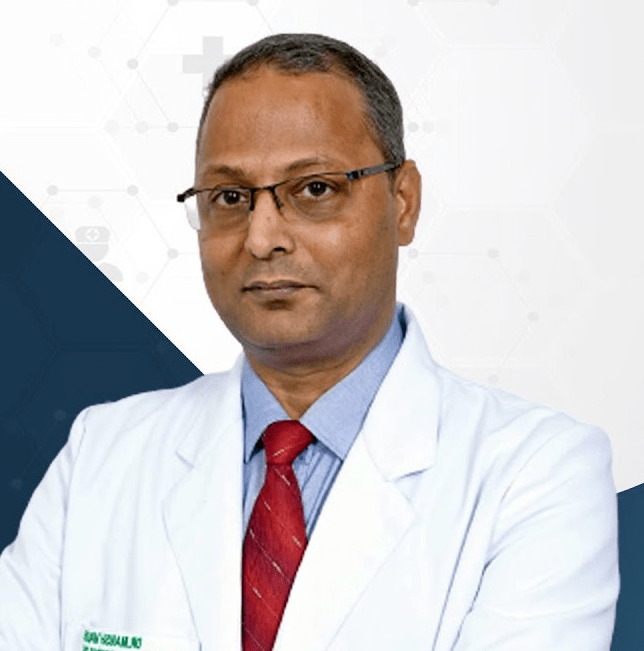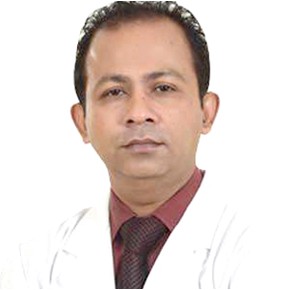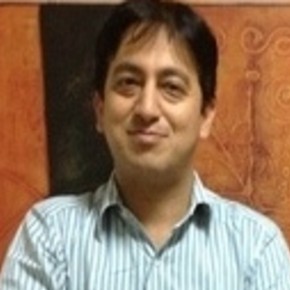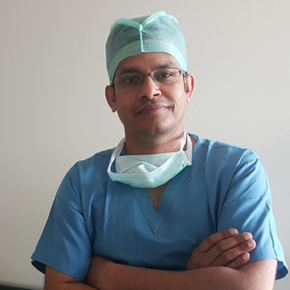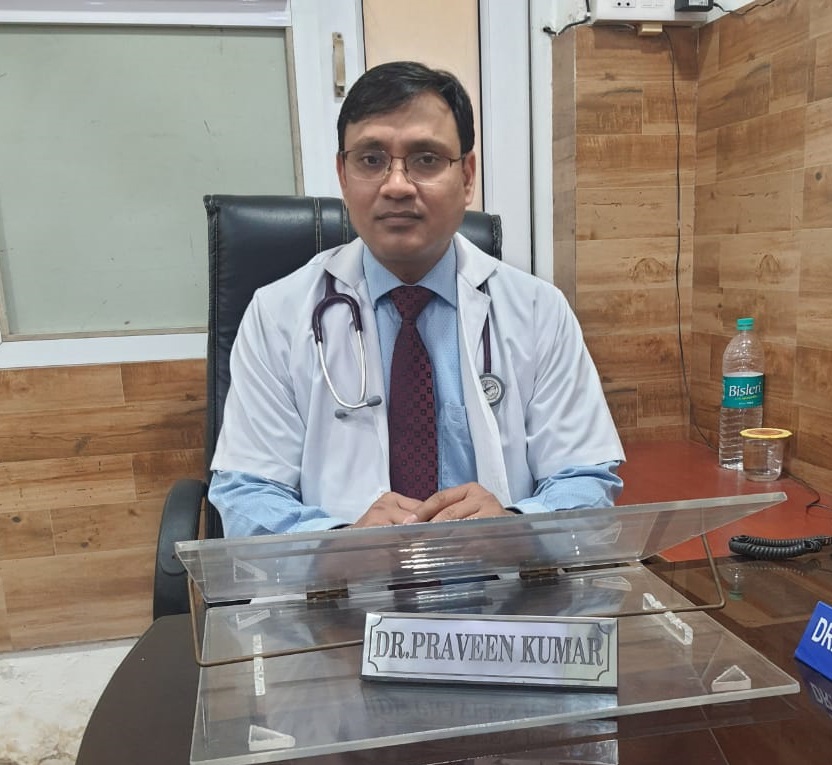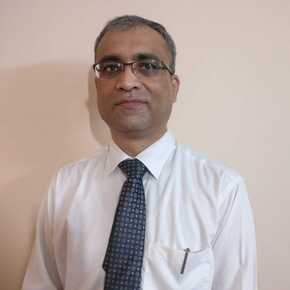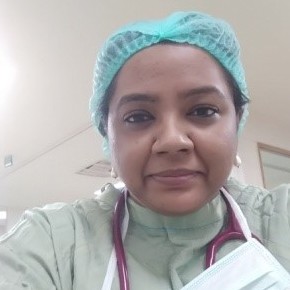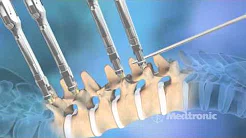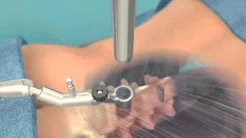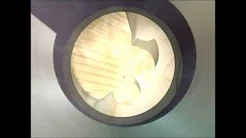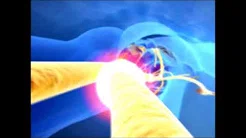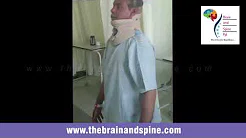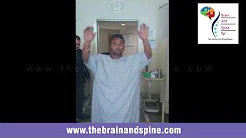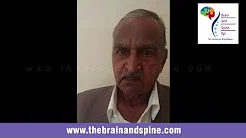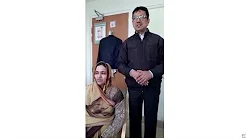Surgical management of brain tumor
A mass or growth of abnormal cells in the brain is considered to be a brain tumor. These abnormal cells will damage the mechanism or the functioning of the brain. Brain tumors can be cancerous and non-cancerous.
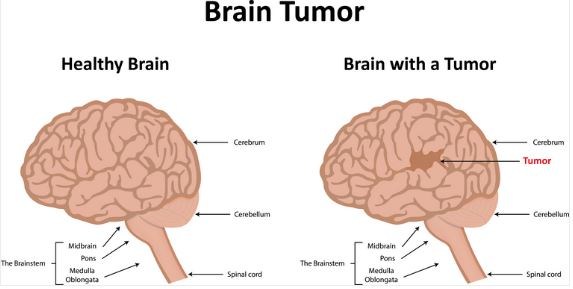
Symptoms
Few of the signs of brain tumors would be the following:
- Problems with speech, hearing, vision, balancing, and behavior
- Seizures
- Headaches that would become severe
- Nausea or vomiting
- A gradual loss of sensation
- Change in the pattern of headache
- Paralysis or weakness on one of the sides of the body
Surgical management
Surgery is considered to be the first and foremost treatment for a brain tumor. However, not all tumors would require surgery. The type, size, and location of the tumor matters while planning to perform brain tumor surgery. The doctor would take the physical and neurological examination of the patient before further tests. CT scan, MRI, magnetic resonance spectroscopy, PET scan, intraoperative MRI, and histopathological examination will be the most common diagnostic tools used.
Generally, the sample of the tumor would be taken for examination in the laboratory, and complete resection of the tumor is performed. The tumor would be removed to slow down its growth and improve the symptoms. Surgery can provide access to other forms of treatment, like chemotherapy and radiotherapy. These treatments, along with surgical management, would help relieve pressure caused by a tumor on surrounding structures. There are various types of surgery to treat brain tumors.
- Craniotomy - It is the most commonly performed surgery to treat brain tumors. A bone flap is used to remove the tumor. The surgery will be performed using a high-end microscope. A piece of bone is removed along with the tumor, which will be replaced post-surgery.
- Shunt - shunt surgery is adjunct to main surgery.
- Stereotactic surgery - performed using a three-dimensional image called stereotaxy using computers. This would help to identify the location and position of the tumor. It would also help to remove tumors and implant radiation pellets.
- Embolization - it is an aid to reduce the bleeding during surgery.
- Endoscopy and endoscope assisted surgery - without damaging the adjacent structures, the surgeon will identify the required tissue through tiny openings using an endoscope.
Laser and ultrasonic aspiration are tools used during the surgery, fluorescence, tractography and ultrasound, neuro navigation help in intraoperative localization of tumour. Electrophysiology monitoring increases the safety of surgery.
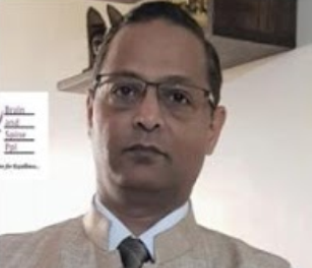

 Request an Appointment
Request an Appointment Request Online Consultation
Request Online Consultation Enquiry form
Enquiry form

